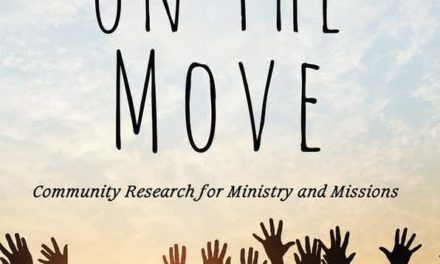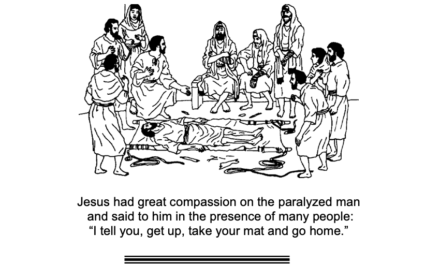
Proverbs
WISDOM PACKED TIGHTLY
Proverbs are compact, metaphorical, and memorable statements: “When the elephants fight, the grass gets trampled.” Proverbs entertain, provoke, and instruct. In oral cultures people may use them to carry on a debate, firing proverbs at one another until one uses a proverb to which the other has no answering proverb. Proverbs can transmit the traditional wisdom, truth, and morals of a culture–or perpetuate its worst traits. They help people make sense of human behavior.
Proverbs are especially important in oral cultures, where people rely on the spoken word rather than written communication. Proverbs are highly accessible in people’s memories, so they are influential in daily life. They play an important role alongside (and sometimes within) other oral communication forms like stories, songs, and poetry.
In Christian ministry, local proverbs often function well to grab interest, raise a topic and begin a discussion. The discussion often gives a Christian an opportunity to tell what the Bible has to say on the topic. Or a proverb from the Bible or from the local culture can provide a crisp, memorable way of summing up a teaching point in a Bible passage or Bible story.






